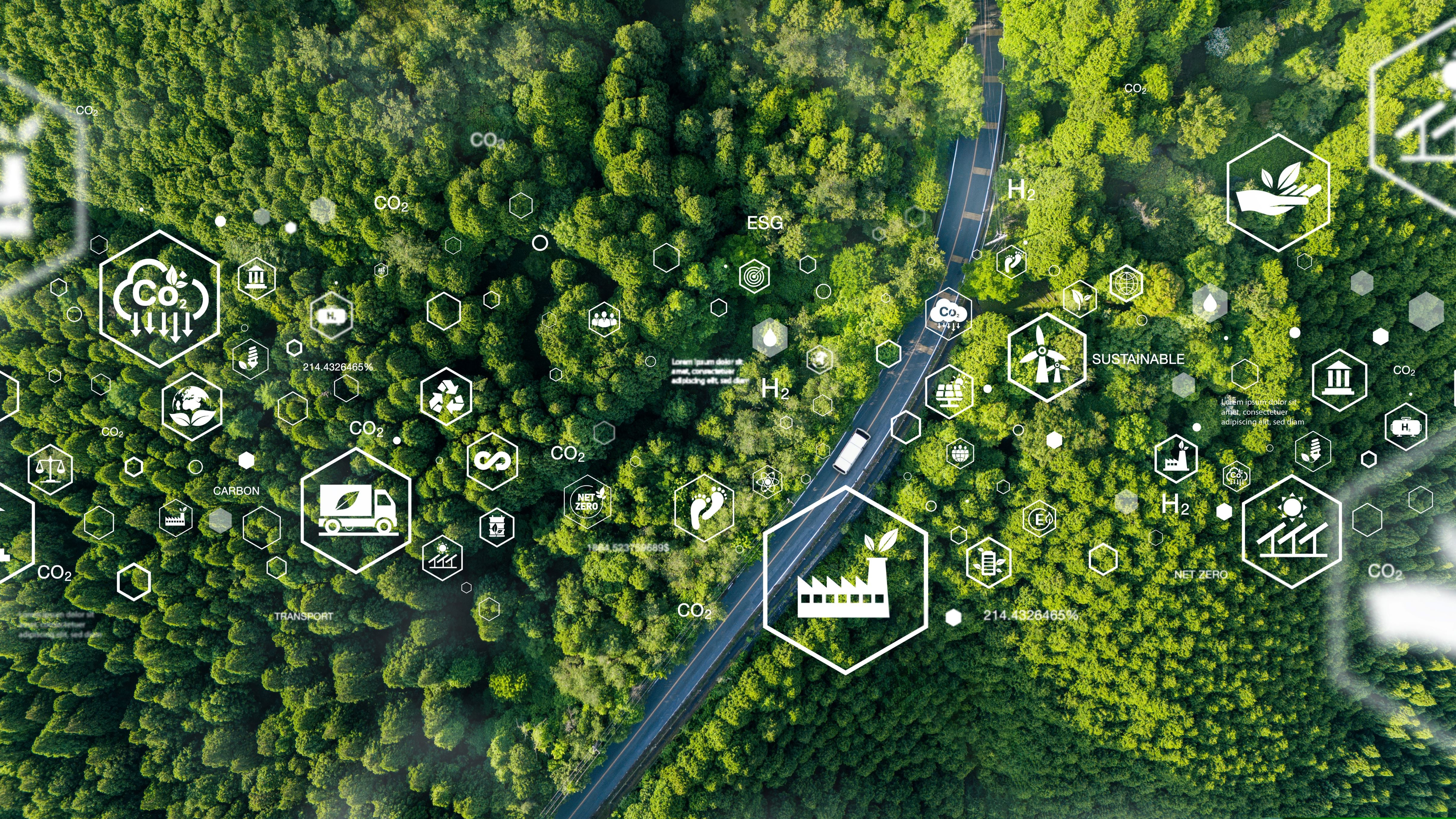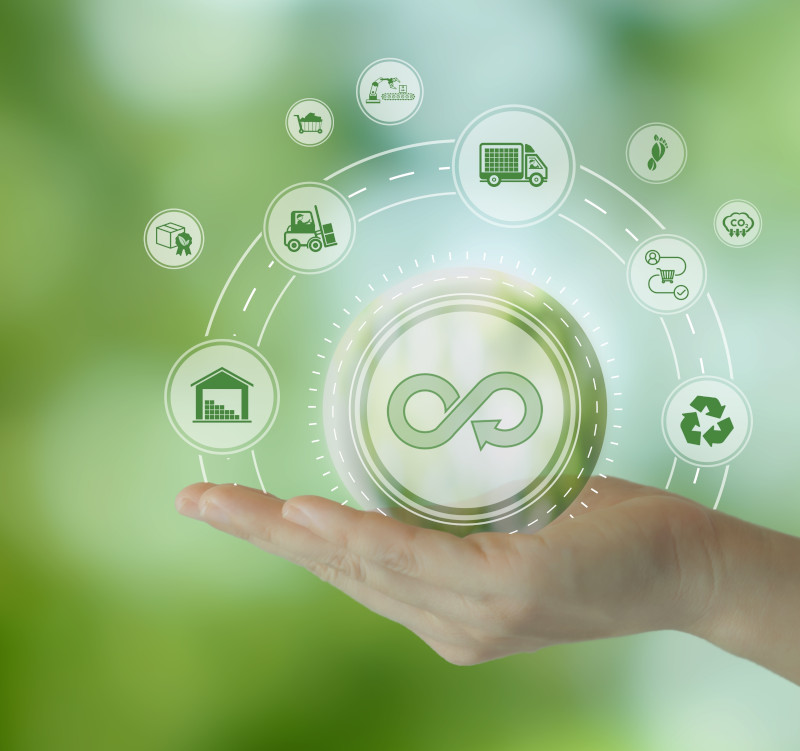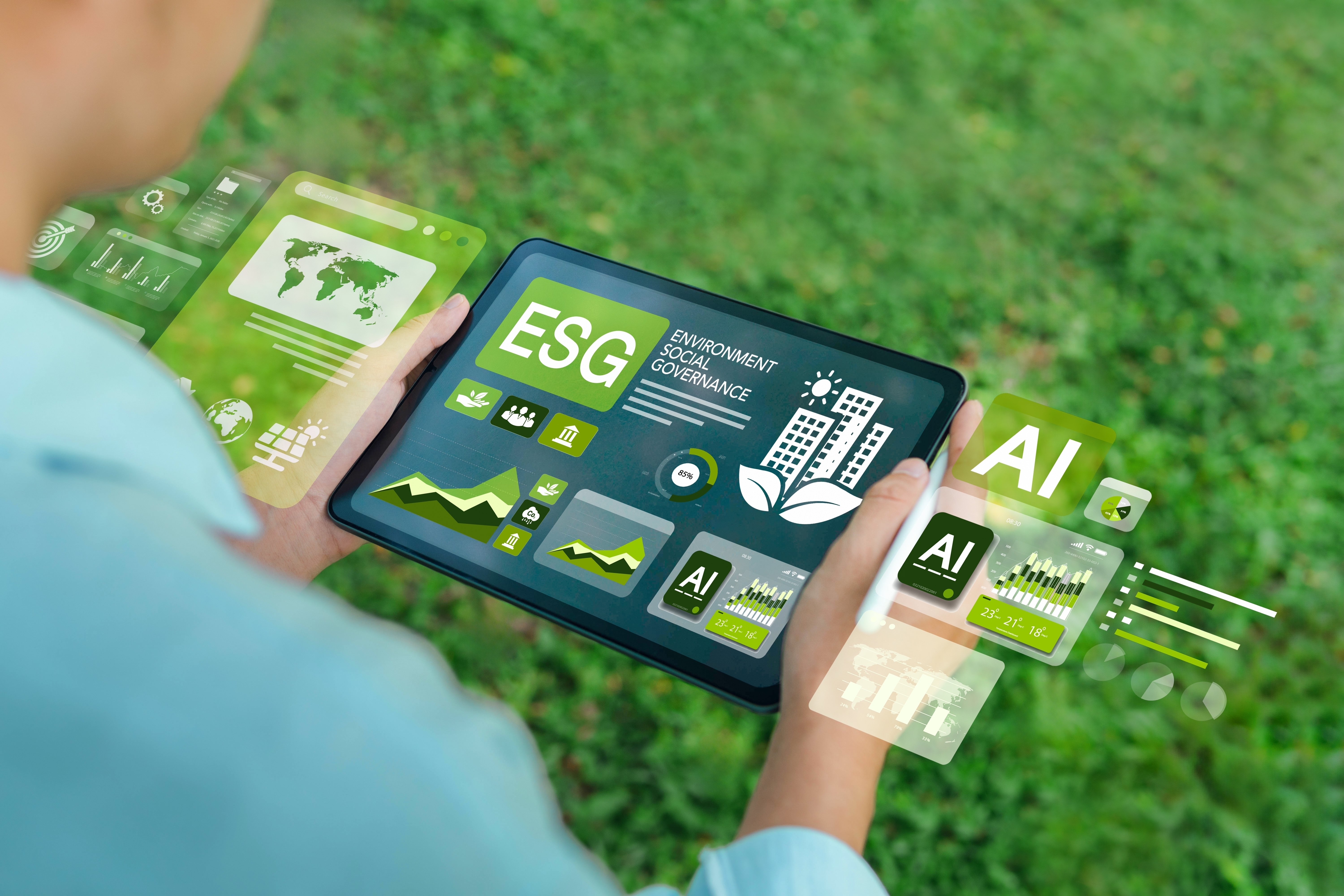News
The logistics and transport market: challenges for 2025
At the event "Logistics at the heart of the demand transition", organised last November by the Contract Logistics Observatory "Gino Marchet" of the Politecnico di Milano, the results of the 2024 research on the logistics and transport market were presented.
The year 2024 was confirmed as a period of stability, just like 2023, due to the slowdown in economic and industrial activity following the significant growth experienced in the two-year period 2021-2022, driven by the post-pandemic recovery in all industrial and commercial sectors, supported by import-export activities and the widespread use of e-commerce.
In 2024, there were significant increases in labour costs, rents and the cost of money, which therefore slowed down investments, prompting many companies to question their investment strategies and focus on "caution".
Towards sustainability
2024 was also the year of the "strategic shift" towards not only economic, but also environmental and social "sustainability". It became mandatory for some large listed companies to produce a sustainability report, and this will gradually be extended to non-listed companies in 2026.
While the implementation of the so-called "green transition" is causing a slowdown in production, the Observatory's research has shown that those companies that have already adopted solutions to improve environmental sustainability are also bringing significant benefits in terms of operational performance, leading to a recovery in margins and therefore investment.

It is not easy for companies to choose the "right technology" since everything is still in the "experimental" phase, there are no "mature" solutions. There are no concrete long-term results, therefore it is not easy to decide where to invest. In most cases, companies tend to "diversify", adopting a "multi-technology" strategy to keep more options open while testing which solutions deliver the best results.
In addition, the ecological transition is not only about reducing CO2 emissions, but also about maximising the use of resources, including reuse, recycling and disposal for recovery, thus introducing the circular economy paradigm.
Redefining the role of logistics

In this context, the role of the supply chain requires the ability to plan the management of flows of goods and production factors, which requires new skills and a much broader vision of the linear flow SUPPLIER - PRODUCTION - DISTRIBUTION.
Synchronising the outgoing flow of finished products, recovering waste or packaging, repackaging products or refurbishing machines to make them productive for a new life cycle are just a few examples of "value-added services" that logistics professionals can activate for their clients to make companies even more sustainable.
Today's logistics professionals must not only "reduce waste", but also know how to regenerate and recycle used or recovered resources to generate new margins.
As business models change, so must logistics, and perhaps the best strategy is to be able to diversify services and technologies.
Which role will technology play?

In transport, logistics and factories, technology plays a fundamental role since it can concretely support the objectives to be achieved, restoring not only production efficiency but also social and environmental sustainability.
Even the companies that are most reluctant to invest in this direction, even without a "legal obligation", will have to realise that it is the market, i.e. the customers themselves, that will impose the transition, so it is worth adapting if you do not want to lose competitiveness.
In the future, technology will not only have to be "supportive", but also, thanks to artificial intelligence, provide proactive solutions capable of suggesting the best next steps.
There is no lack of incentives and resources:
“Be the change you want to see in the world” Mahatma Gandhi
Unlike the first industrial revolution, the machine will have to be "at the service of man", i.e. efficiency and productivity will also be measured by its ability to reduce the fatigue or boredom of human work.
In 2025, new PNRR resources will also be available to support precisely those logistics and transport realities that want to look to the future with a view to the digital transition, in support of "human-centred" strategies capable of bringing added value both in terms of efficiency and productivity and in terms of environmental and social attractiveness and sustainability.
Also in 2025, Replica Sistemi - Zucchetti is a partner of the Contract Logistics Observatory to support research and learn about the main trends in the logistics and transport market.
Information request
For any questions or information about our products or services, please do not hesitate to contact us.